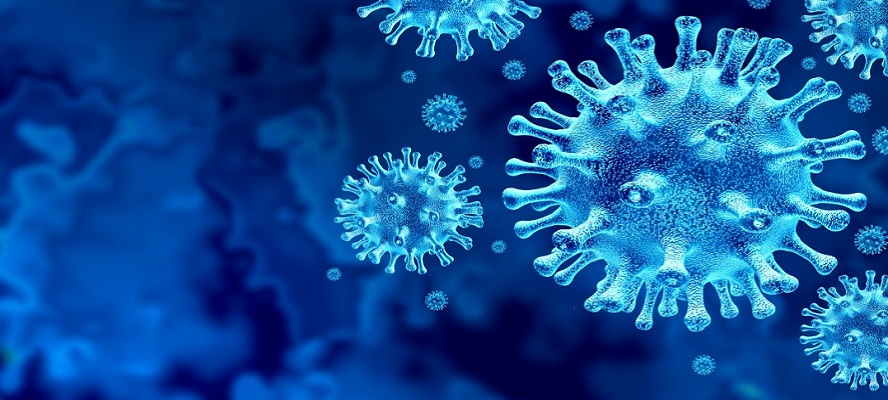IONTAS and FairJourney Biologics find COVID-19 neutralizing antibodies with picomolar potency
This viral neutralization efficiency was independently verified by the National Institute for Biological Standards and Control
IONTAS and FairJourney Biologics, two antibody discovery CROs that joined forces this year announced the discovery of potent SARS-CoV2 neutralising antibodies as potential therapeutics for COVID-19.
The newly-identified panel of antibodies have been shown to block infection at doses as low as 20pM in pseudoviral assays and 100pM in live coronavirus assays, surpassing or matching the best antibodies reported. This viral neutralization efficiency was independently verified by the National Institute for Biological Standards and Control (NIBSC).
The companies, through a statement, informed that after hundreds of virus-neutralizing antibodies were isolated and characterised from the blood of donors who were recovering from COVID-19, a final panel of 15 potent SARS-CoV2 neutralising antibodies were then selected, which have biophysical properties well suited for downstream drug development, such as low polyreactivity and resistance to aggregation. This reduces the risk for future clinical development and manufacturing.
Viral neutralizing antibodies can offer a two-in-one approach; they can be used both to treat symptomatic individuals following acute exposure, and as a prophylactic to protect healthcare workers and at-risk groups, including individuals who respond poorly to vaccines.
This project was undertaken as part of the UK BioIndustry Association (BIA) Antibody Task Force, which developed an accelerated and rigorous multi-pronged assessment approach in order to create and identify the best antibodies within months.
Antibody therapies give clinicians additional therapeutic options in the fight against COVID-19 alongside other approaches such as vaccines. FairJourney Biologics and IONTAS announced their partnership to expedite the identification of effective antibodies for a therapeutic to treat COVID-19 patients in April this year. It was on the back of this successful partnership that, in May 2020, the two CROs announced they would be combining their operations.


